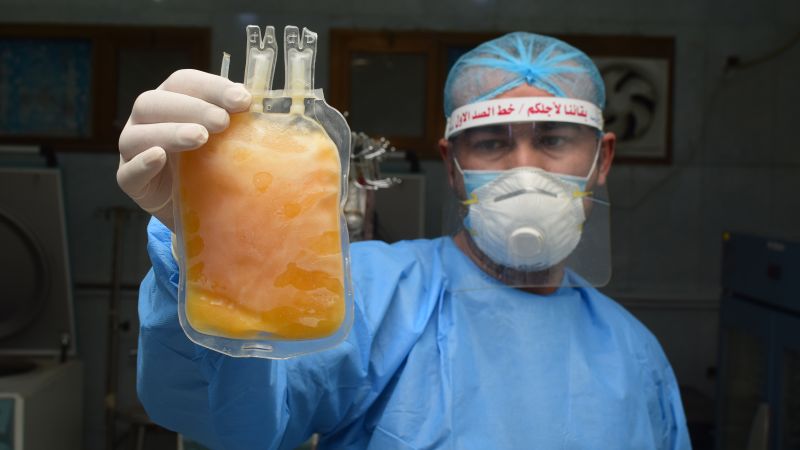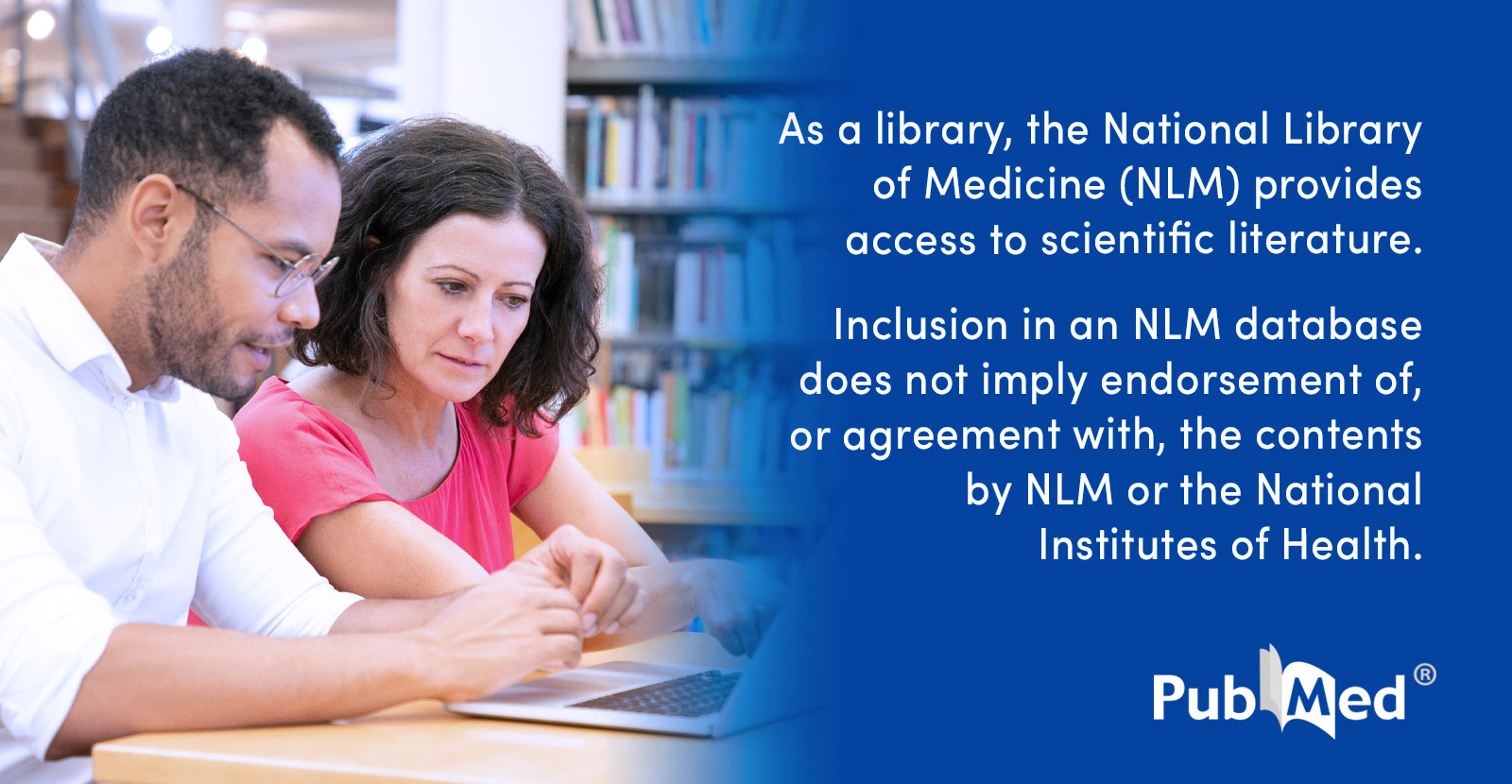Didn't have time to dive into this yesterday, but Regeneron's antibody cocktail showed some strong results in both prevention and treatment for both macaques and hamsters (hamsters are used, too, since macaques don't get nearly as ill from COVID, so hamsters provide good insight into treatment effects). If we see results like these in humans, we're looking at, by far, the most effective treatment to date (a "near cure"), as well as a potentially effective prophylactic for most people. The paper is linked below and the abstract is very nicely done - concise, but gets the key points across. Phase III clinical trials are ongoing and approval could come as early as the end of August. Really need this to work - this has been my pick, since March, to be the best treatment, mostly based on their Ebola success - having done it before counts (being a potential prophylactic would be a bonus).
https://www.biorxiv.org/content/10.1101/2020.08.02.233320v1.full.pdf
Abstract: An urgent global quest for effective therapies to prevent and treat COVID-19 disease is ongoing. We previously described REGN-COV2, a cocktail of two potent neutralizing antibodies (REGN10987+REGN10933) targeting non-overlapping epitopes on the SARS-CoV-2 spike protein. In this report, we evaluate the in vivo efficacy of this antibody cocktail in both rhesus macaques and golden hamsters and demonstrate that REGN-COV-2 can greatly reduce virus load in lower and upper airway and decrease virus induced pathological sequalae when administered prophylactically or therapeutically. Our results provide evidence of the therapeutic potential of this antibody cocktail.
However, we just don't know how long something like this might work as a prophylactic, however (probably for at least a few months - not as long as a vaccine, though, based on the Ebola experience, where a similar cocktail was used successfully for treatment, but the Merck vaccine was used for prevention) The other issue is that the large cell culture bioreactors that make these antibodies will only likely be able to make enough for treating moderately ill to worse patients and for prevention in a subset of the population (likely health care workers and those in other high risk occupations and highly vulnerable populations) - at least through the end of the year. The link below is to Derek Lowe's blog on this, which was excellent, as it nicely explains the details of the treatment and prevention studies in both animal species as well as what it all means; the comments also contain some good intel on the manufacturing challenges.
https://blogs.sciencemag.org/pipeli...rons-monoclonal-antibody-cocktail-in-primates
For those who don't recall, the cocktail features two monoclonal antibodies developed to target different parts of the all-important spike protein, which is the key for how the virus connects to and infects cells. The idea was to have dual activity in case some mutation occurred within patients, that could help the virus "get around" just a single antibody, as multiple viral mutations to elude both antibodies was deemed extremely unlikely; see the link below for a discussion of the cocktail approach and all the R&D that went into it (and links to the primary papers on it).
It'a also worth reminding people of the difference between the antibody cocktail approach and a vaccine. A vaccine is supposed to elicit a full immune response to the antigen (RNA/DNA/attenuated virus, etc.), producing a suite of antibodies and T-cells to detect and disable/destroy the virus, while the antibody approach simply is giving examples of antibodies shown to work against the virus, but it's likely not as complete of an "attack" on the virus, since the immune system isn't activated at all (as per the Ebola example). This is a different virus, though, so maybe this can work as well as a vaccine for prevention.
https://rutgers.forums.rivals.com/t...entions-and-more.191275/page-176#post-4609892

